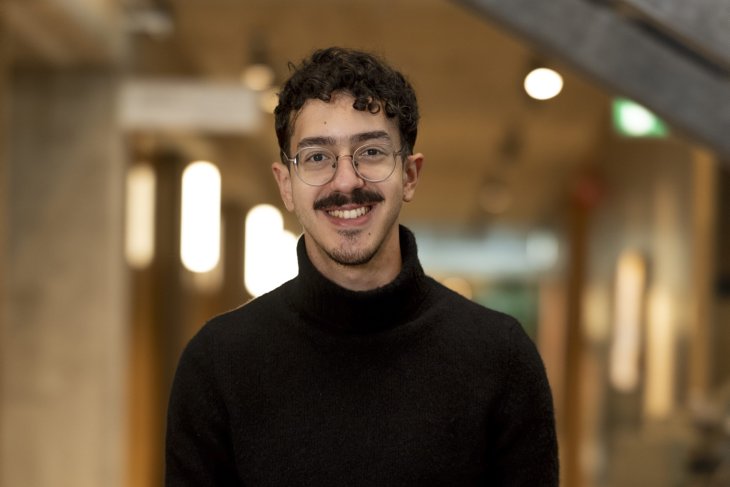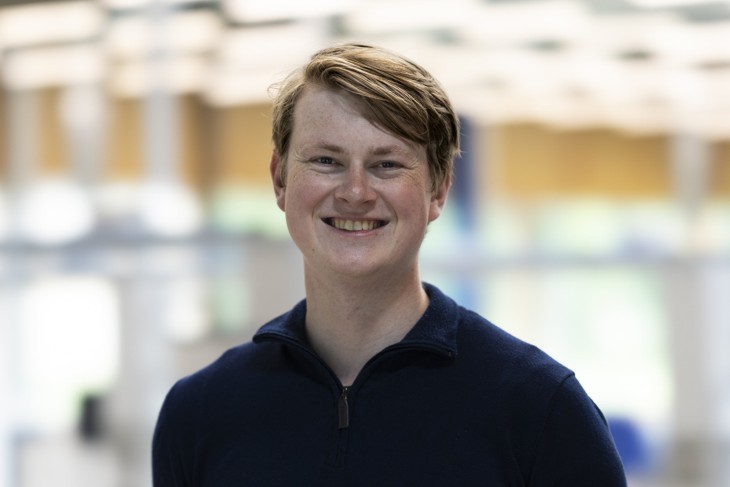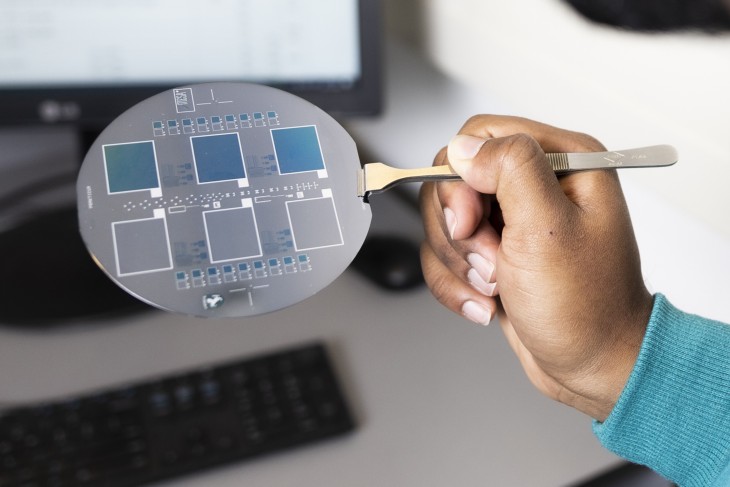“During my Bachelor’s in Electrical Engineering at the University of Twente, I realised it wasn’t for me. It was too focused on making things, such as designing circuits. That’s why I looked for a master's programme with a more solid emphasis on research while still connected to practical applications.
The Master’s in Applied Physics at the University of Twente seemed like what I was looking for. This study is certainly for people who have patience and long-term thinking; it isn’t about quick results or immediate applications. For example, you learn about quantum electronics, and how it could shape technologies decades from now.
Theory in application
You get a mix of theoretical concepts and practical applications. It’s not as abstract as theoretical physics, where you might focus on quantum field theory or general relativity. In Applied Physics, you also explore materials science: for example, you learn about the properties of specific materials and how they behave.
The Master’s offers four specialisations, and you can take different directions. For example, you can do experimental research on the behaviour of liquids or on the properties of different materials. I decided to specialise in Quantum Physics. I've been drawn to it since high school. It’s just so different from a lot of other branches of physics: it studies particles at the smallest scale.
It’s fascinating that the building blocks of all matter are essentially the same! It’s all just atoms made up of protons, neutrons, and electrons, but depending on their specific arrangement, you get completely different systems. From glass to water—they’re all made up of the same particles. And the way these particles arrange themselves is purely governed by quantum mechanics.
Quantum computing
I wanted to explore how I could use the ideas from quantum physics in quantum computing, which has so much potential in many applications. Think about using it to simulate chemical reactions for designing medicines millions of times faster than a regular computer!
So, for my internship, I worked with a research group at the University of Waterloo in Canada to develop spin qubits: the building blocks of quantum computers. These tiny components are used to store and process quantum information. My task was to figure out how imperfections in the manufacturing process, like tiny defects, could affect their performance. It’s tricky because no process is perfect, but by simulating these defects, I could understand how they impact the device and even try to predict where defects might occur. It was an exciting experience because I got to connect theory with real-world problems in quantum hardware.
Science and real-world impact
Now, for my thesis project, I’m studying a type of material called Quantum Spin Hall insulators. It falls into the category of topological insulators. They have many interesting properties, one of which is allowing electricity to flow through certain parts of the material without losing any energy as heat.
Normally, when you use your phone or laptop, it gets warm—that’s energy being wasted as heat. But with these materials, that doesn’t happen. Studying them is super interesting from a physics perspective because there is a lot we still don’t understand about how they behave. One day, they could be used for very efficient low-power electronics or transistors.
My research entails studying the material in different conditions to figure out what is going on and why. Drawing from quantum physics, l’ll predict how the material will behave. I’ll then test those predictions and experiment with materials that are on the nanoscale: just one atom thick!
My future
I enjoy doing research, and I'd like to continue with a PhD. This Master’s has given me a solid foundation, and it would be great to stay in the field of quantum physics and explore how it could impact industries in the coming decades. For me, that’s the reward—knowing that I’m contributing to future discoveries.”



